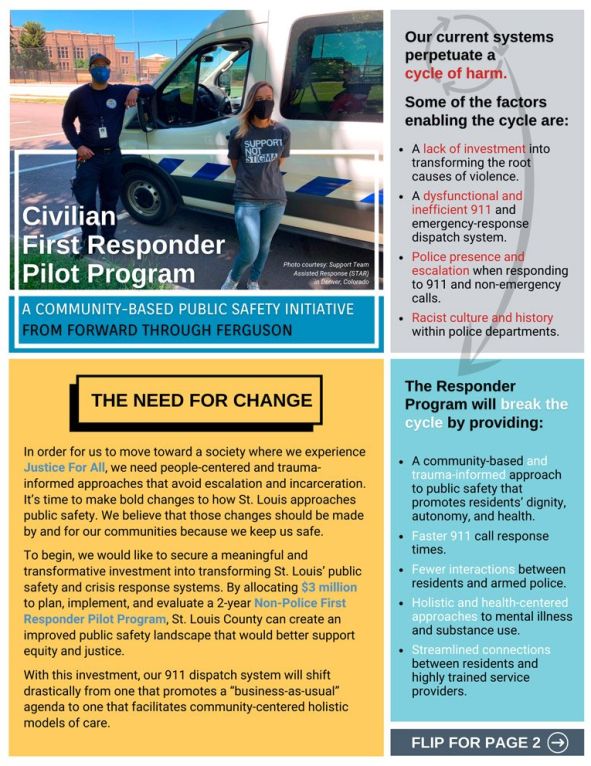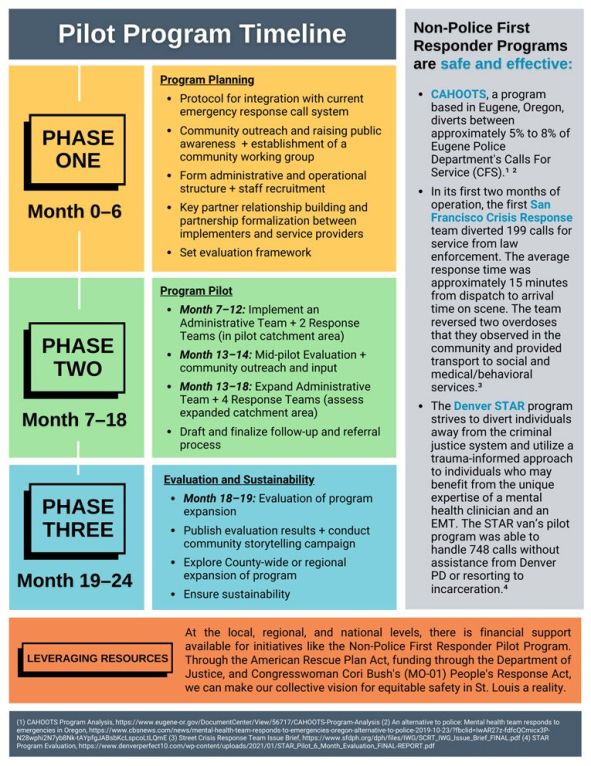In September 2019, we released The State of Police Reform report, which tracked movement on changes in the law enforcement space since the killing of Michael Brown Jr. and the release of the Ferguson Commission report.
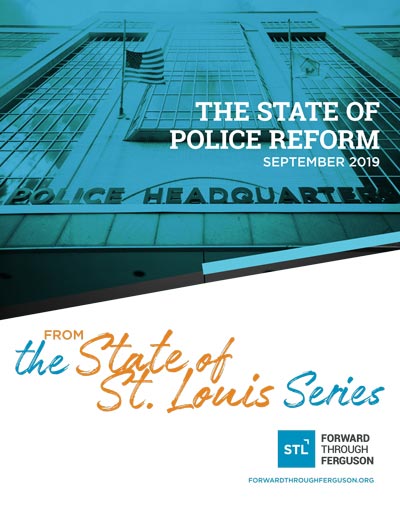
For several years, we continued to convene conversations through the Power Behind the Badge Series to understand community needs and the limitations of our current arrest-and-incarcerate model. These conversations led us to advocate for a two-year First Responder Alternative (FRA) Pilot Program (a.k.a. Civilian First Responder Pilot) in St. Louis County. If you or your organization are interested in joining the FRA coalition, please ****@********************on.org“>contact us.
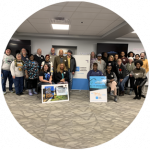
Community at State of Police Reform Forums name FRA as top priority
(Ferguson, O’Fallon Park, Dutchtown)
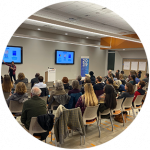
Power Behind the Badge Series engages community, local, and national leaders
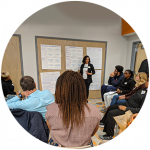
Formation of FRA Pilot Coalition
FTF Data & Research Team develops #Transforming911 Advocacy Tool

FTF publicly launches transforming911.org
FTF hosts three community events across the St. Louis region to share original research and storytelling with 100+ residents

FTF releases full #Transforming911 report
FTF releases statements and makes press appearances calling attention to the impact of 911 delays during climate crises
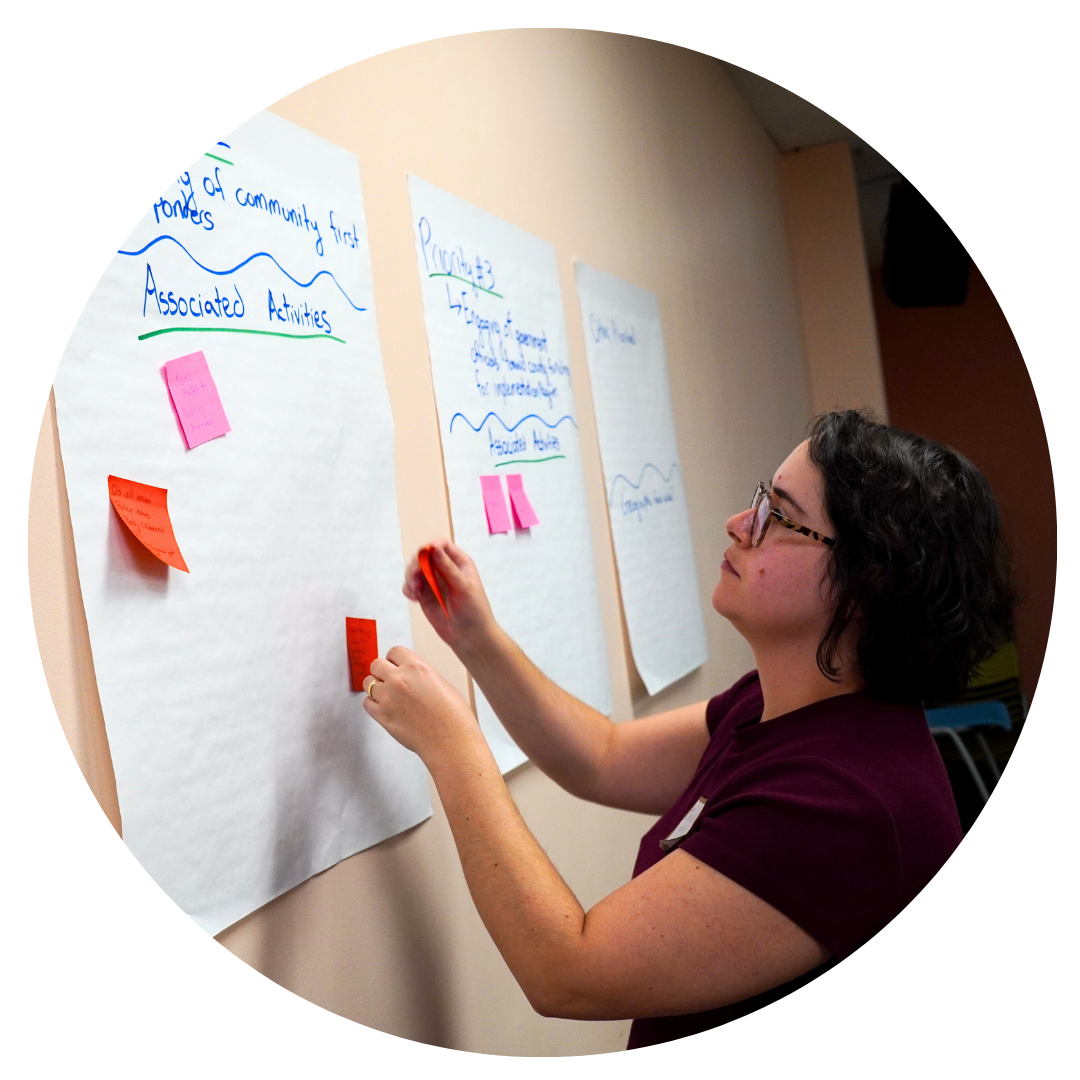
FTF re-convenes First Responder Alternative coalition and begin determining priorities for the coalition.
FTF staff conduct outreach to learn about existing crisis response models.
Imagine you’ve got an emergency. Maybe someone you love is having a mental health crisis. Maybe you hear a disturbance in your neighborhood.
What if you could call 911 and have a dispatcher assess the situation, then send a team of civilian first responders who arrive at the scene in a well-equipped FRA van?
The team of civilian responders could work together to secure the scene, conduct a brief mental health assessment, ask the person what support or services they might need, and give the person in distress a care package – with food, hand warmers, a bottle of water, and socks – as well as make a referral to a social services provider in the area.
This isn’t the norm in St. Louis right now, but it is in places like Denver, San Francisco, Oakland, and Eugene, and it is something that we could also achieve through the creation of a Civilian First Responder Program in the St. Louis area.
- A community-based and trauma-informed approach to public safety that promotes residents' dignity, autonomy, and health.
- Faster 911 call response times.
- Fewer interactions between residents and armed law enforcement officers.
- Holistic and health-centered approaches to mental illness and substance use.
- Streamlined connections between residents and highly trained service providers.


